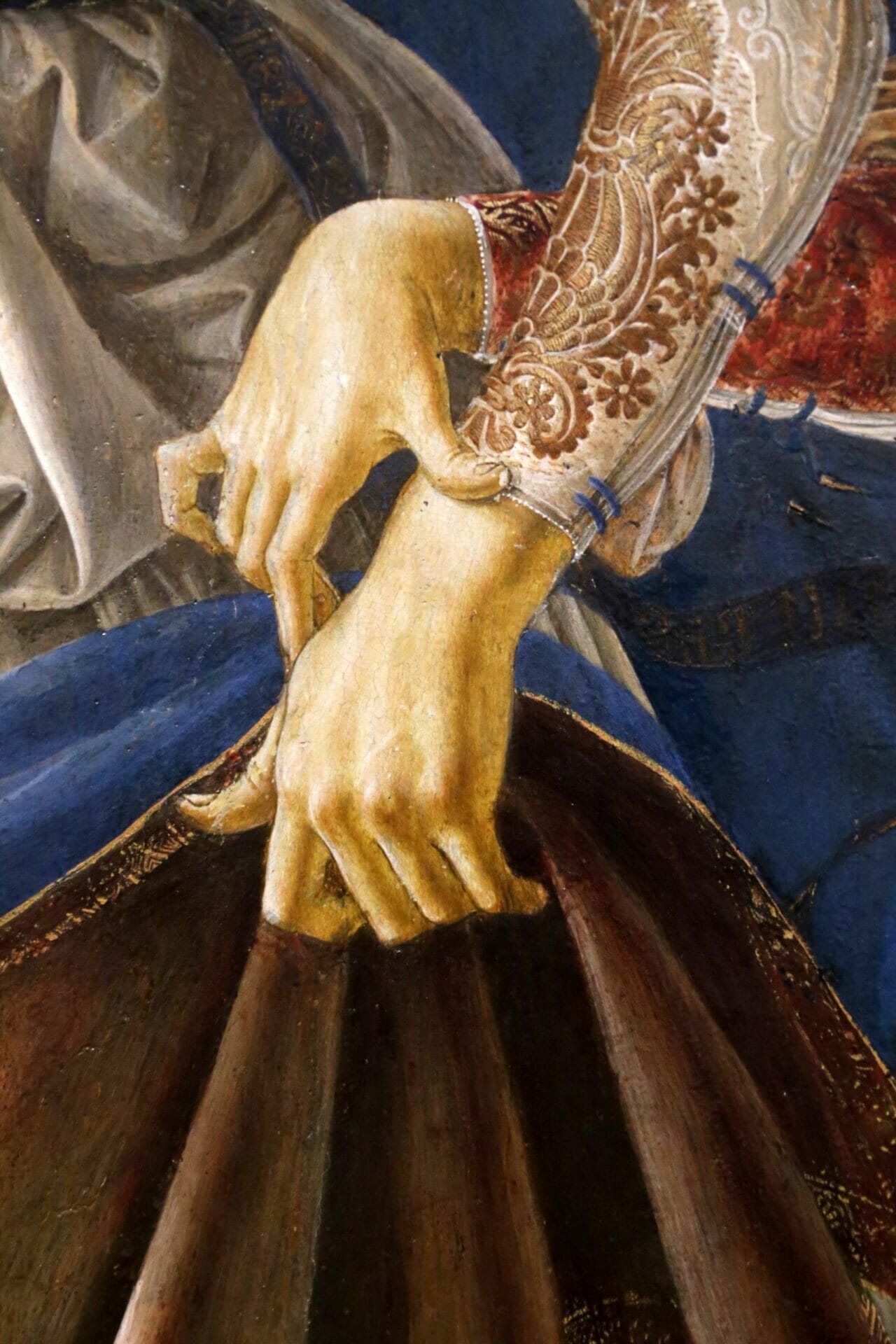
Samuel Beckett's Cascando | The agony of love
Author
Year
Format
Cascando is a technical term that, in music, indicates a decrease in volume or tempo. The Irish writer Samuel Beckett, in July 1936, uses the same word to give the name to one of his most famous poems. The poet probably remembers an unrequited love and all the incommunicability that derives from it. The language is therefore dark and curt to fully convey the anguish of feelings.
why not merely the despaired of
occasion of
wordshedis it not better abort than be barren
the hours after you are gone are so leaden
they will always start dragging too soon
the grapples clawing blindly the bed of want
bringing up the bones the old loves
sockets filled once with eyes like yours
An abstract vividness
In Cascando, the language constantly fluctuates between the passionate and the reluctant. Beckett manages to convey the confused and embarrassed struggle of the lover in the grip of his feelings. The agony of love unfolds before the reader with a series of vivid and sober metaphors that leave them troubled. Anyone can find themselves in the text despite the use of specific and personal images. The pain of helplessness alternates with the desire for passion. The fascination of this poem is indeed in the use of very concrete terms to illustrate such intangible subjects as love and desire.
The vortex of unrequited love
In the last lines of the poem, Beckett surgically analyzes the meaning of unrequited love, in a language as simple as it is effective. The pain of love annihilates the poet, leaving behind a trail of unanswered questions and doubts. It is worth mentioning that Beckett chose the name Cascando for a radio piece broadcasted in 1964 on BBC Radio 3 and set to music by composer Marcel Mihalovici. Beckett originally wanted to name it “calando.” Producers pointed out that “calendos” in French was a slang term for Camembert cheese. The poem could have shared the same creative process in the choice of the title.
terrified again
of not loving
of loving and not you
of being loved and not by you
of knowing not knowing pretending
pretending
I and all the others that will love you
if they love you
unless they love you
Tag
Buy a ☕ for Hypercritic










